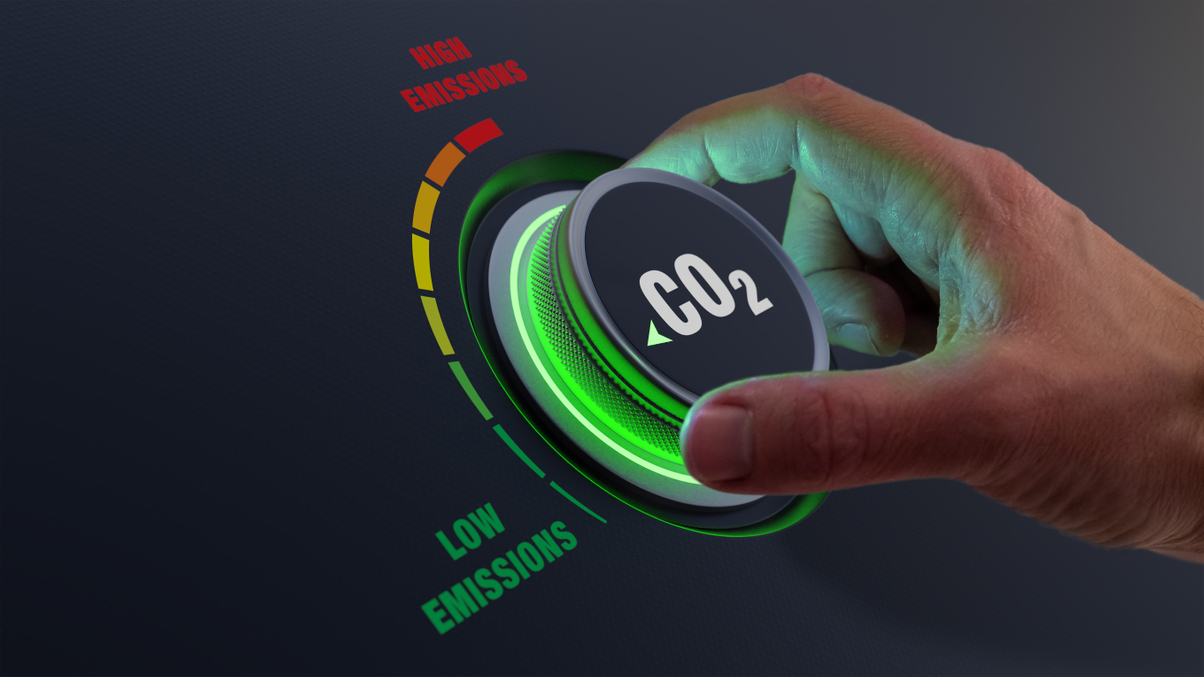HKMA, SFC home in on potential of carbon connect to China
Hong Kong’s Securities and Futures Commission (SFC) and Hong Kong Exchanges and Clearing (HKEX) will soon unveil their initial study about transforming the city into a carbon trading hub that connects China with the rest of the world.

Hong Kong is well positioned to become a carbon trading hub catering to global sustainability and China’s carbon neutrality push, regulators and green finance experts from both jurisdictions told the annual forum of the Hong Kong Green Finance Association on Tuesday.
Sign in to read on!
Registered users get 2 free articles in 30 days.
Subscribers have full unlimited access to AsianInvestor
Not signed up? New users get 2 free articles per month, plus a 7-day unlimited free trial.
¬ Haymarket Media Limited. All rights reserved.


